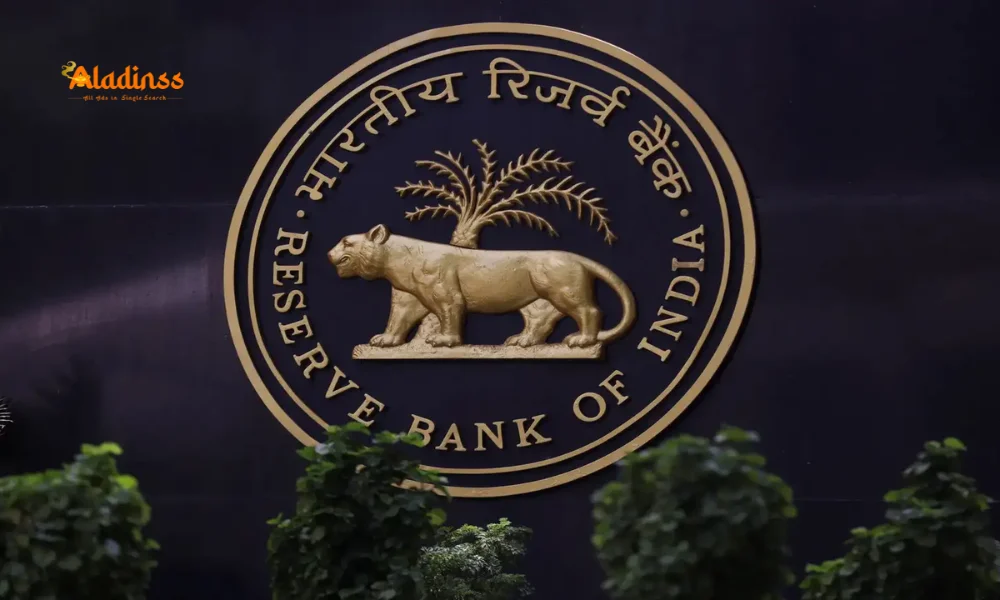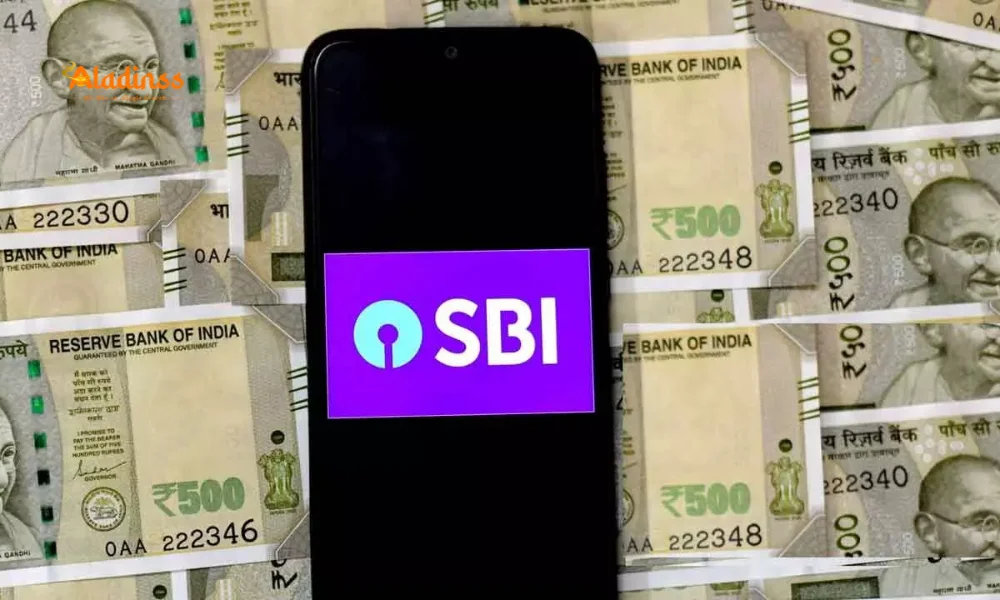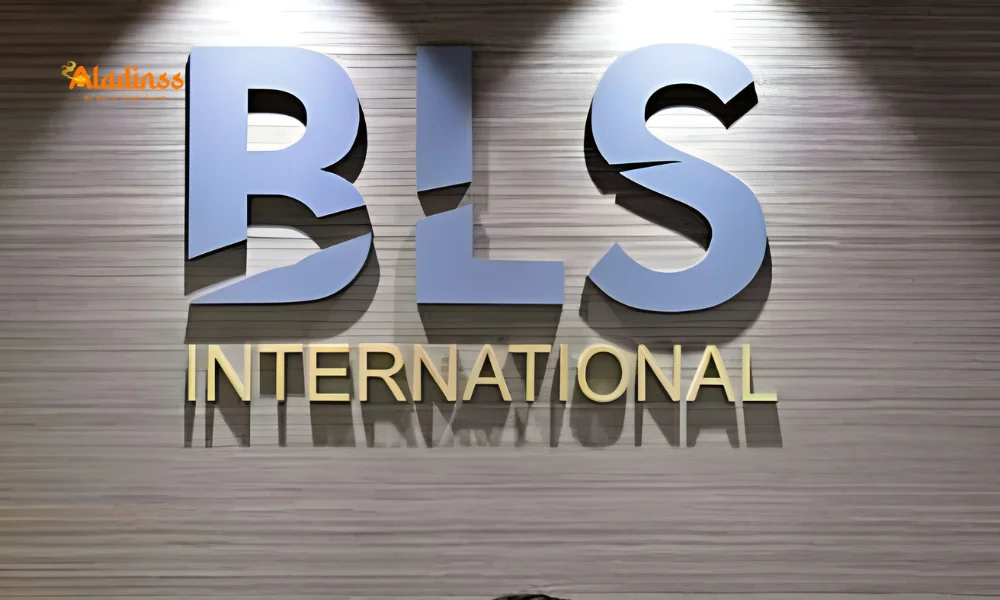CBIC Extends GSTR-3B Filing Deadline to October 25: Submit Now
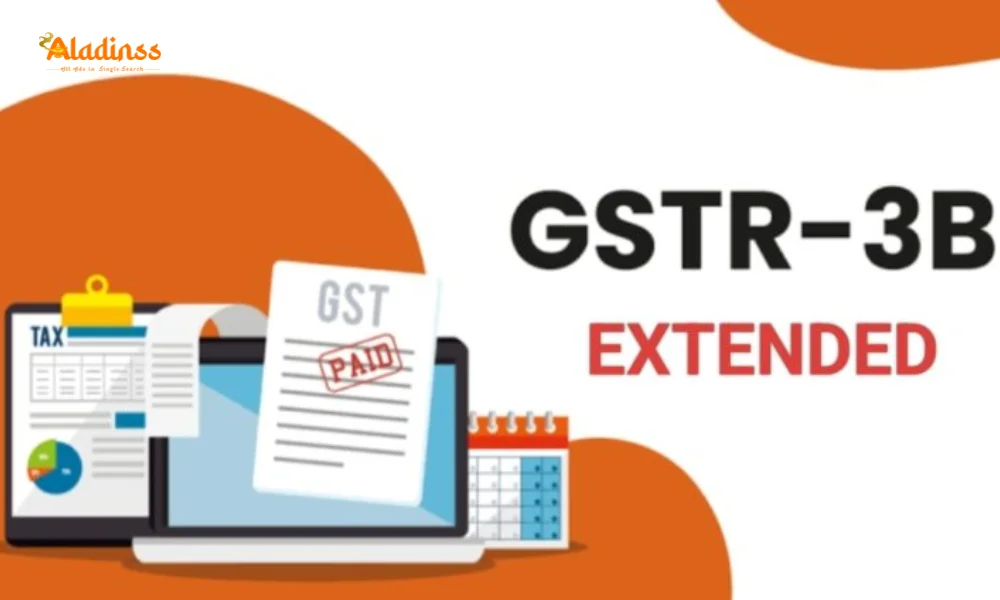
CBIC Extends GSTR-3B Deadline to Oct 25 Amid Diwali Festivities
In a significant relief for taxpayers, the Central Board of Indirect Taxes and Customs (CBIC) has extended the GSTR-3B filing deadline to October 25, 2025, for both monthly and quarterly filers. This extension, announced on October 24, 2025, comes in response to the Diwali festival, which overlaps with the usual filing period, creating challenges for businesses and tax professionals. The move aims to ease compliance burdens and promote accurate GST return submissions during the festive season, ensuring taxpayers avoid penalties due to the holiday constraints.
The GSTR-3B form, a mandatory self-declaration return under the GST regime, summarizes outward and inward supplies (sales and purchases) and requires taxpayers to settle their GST liabilities. Typically, the filing deadline is the 20th of each month for monthly filers, while small taxpayers with an annual turnover below Rs 5 crore can opt for the Quarterly Return Monthly Payment (QRMP) scheme, filing GSTR-3B quarterly. The CBIC’s decision to extend the deadline for September 2025 returns reflects a proactive approach to supporting businesses during the Diwali celebrations.
Why the GSTR-3B Deadline Was Extended
The decision to extend the GSTR-3B filing deadline was prompted by a representation from the Bombay Chartered Accountant Society (BCAS) to the Ministry of Finance. The BCAS highlighted that the standard due date of October 20, 2025, falls immediately after Sunday, October 19, and coincides with the peak Diwali festivities from October 20 to October 23. This festive period, a significant public holiday across India, severely restricts the time available for tax professionals and businesses to complete the necessary preparatory work for GSTR-3B filing.
Preparing GSTR-3B involves extensive tasks, including data reconciliation, reviewing Input Tax Credit (ITC) eligibility based on GSTR-2B (generated after the 14th of the month), and arranging funds for tax payments. The BCAS noted that the Diwali holidays, spanning October 19 to October 23, 2025, create a compressed compliance window, making it nearly impossible for taxpayers to meet the deadline without errors. By extending the deadline to October 25, the CBIC has provided a practical solution to ensure accurate filings and reduce the risk of penalties.
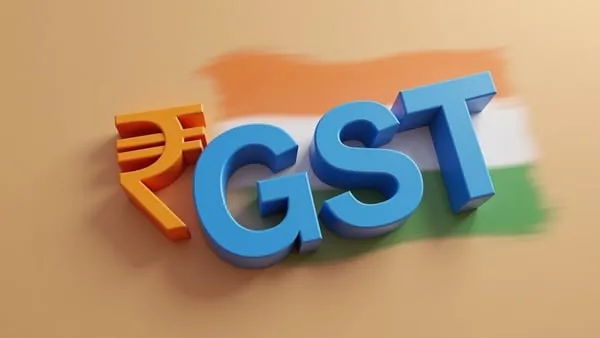
Importance of Timely GSTR-3B Filing
Filing GSTR-3B on time is critical for GST compliance. This return is a prerequisite for claiming Input Tax Credit (ITC) and filing GSTR-1, which details outward supplies. Failure to file GSTR-3B not only disrupts ITC claims but also delays subsequent filings, potentially leading to compliance issues. Moreover, late filings attract penalties, adding financial strain to businesses already navigating the complexities of GST regulations.
As per GST rules, late filers face the following penalties:
- Rs 50 per day (Rs 25 CGST + Rs 25 SGST) for taxpayers with tax liability.
- Rs 20 per day (Rs 10 CGST + Rs 10 SGST) for nil return filers with no tax liability.
These penalties can accumulate quickly, making the CBIC’s extension a welcome relief for taxpayers during the festive season.
Impact of Diwali on GST Compliance
Diwali, one of India’s most significant festivals, brings business operations to a near standstill as professionals, accountants, and company personnel engage in celebrations. The period from October 19 to October 23, 2025, is particularly challenging, as it encompasses the core festive days, including Dhanteras, Diwali, and Bhai Dooj. This leaves businesses with limited time to complete the meticulous tasks required for GSTR-3B filing, such as reconciling invoices, verifying ITC eligibility, and ensuring sufficient funds for tax payments.
The BCAS emphasized that the compressed compliance window during Diwali could lead to errors in filings, potentially resulting in penalties or disallowed ITC claims. By extending the deadline to October 25, the CBIC has acknowledged these challenges and taken a proactive step to promote ease of doing business. This extension allows taxpayers to complete their compliance tasks post-festivities, ensuring accuracy and adherence to GST regulations.
Benefits of the GSTR-3B Deadline Extension
The CBIC’s decision to extend the GSTR-3B filing deadline offers several benefits to taxpayers and tax professionals. First, it provides additional time to complete the complex preparatory work involved in GSTR-3B filing, reducing the likelihood of errors. This is particularly important for businesses with high transaction volumes, as reconciling large datasets requires significant time and effort. The extension also ensures that taxpayers can verify ITC eligibility based on GSTR-2B, which becomes available only after the 14th of the month.
Second, the extension alleviates financial pressure by giving businesses more time to arrange funds for GST payments. This is especially beneficial for small and medium enterprises (SMEs) operating under the QRMP scheme, as they often face cash flow constraints during festive periods. Finally, the move promotes compliance by reducing the risk of late filing penalties, which can be particularly burdensome for businesses with limited resources.
How Businesses Can Prepare for GSTR-3B Filing
To make the most of the extended deadline, businesses should prioritize the following steps:
- Reconcile Data Early: Begin reconciling outward and inward supplies as soon as GSTR-2B is available to ensure accuracy.
- Verify ITC Eligibility: Review ITC claims carefully to avoid disallowances, as errors can lead to additional tax liabilities.
- Plan Fund Allocation: Arrange funds for GST payments in advance to avoid last-minute cash flow issues.
- Engage Tax Professionals: Work with accountants or GST practitioners to ensure compliance with all regulatory requirements.
By taking these proactive measures, businesses can leverage the extended deadline to submit accurate GSTR-3B returns without incurring penalties.
CBIC’s Commitment to Ease of Doing Business
The CBIC’s decision to extend the GSTR-3B filing deadline reflects its commitment to supporting businesses and promoting ease of doing business in India. By acknowledging the practical challenges posed by the Diwali festivities, the CBIC has demonstrated a taxpayer-friendly approach that balances compliance requirements with real-world constraints. This move is part of a broader effort to streamline GST processes and reduce the compliance burden on businesses, particularly during periods of high economic activity.
The extension also aligns with the government’s broader objective of fostering a business-friendly environment. By providing taxpayers with additional time to meet their GST obligations, the CBIC is helping to maintain trust in the tax system while ensuring that businesses can focus on their operations during the festive season. This proactive measure is likely to be well-received by taxpayers and tax professionals alike, as it addresses a critical pain point during a busy time of the year.
Looking Ahead: Implications for GST Compliance
The GSTR-3B deadline extension sets a positive precedent for future GST compliance during major festivals or unforeseen circumstances. It highlights the importance of flexibility in tax administration, particularly in a diverse country like India, where cultural and religious events significantly impact business operations. Moving forward, taxpayers and tax professionals may advocate for similar extensions during other festive periods, such as Eid or Christmas, to ensure consistent compliance support.
Additionally, the extension underscores the need for businesses to adopt robust GST compliance systems. Investing in technology, such as automated accounting software, can streamline data reconciliation and ITC verification, reducing the time and effort required for GSTR-3B filing. By leveraging such tools, businesses can improve their compliance efficiency and minimize the risk of errors, even during challenging periods like the festive season.
Conclusion: A Taxpayer-Friendly Move
The CBIC’s decision to extend the GSTR-3B filing deadline to October 25, 2025, is a welcome relief for taxpayers grappling with the demands of the Diwali festive season. By providing additional time to complete compliance tasks, the CBIC has ensured that businesses can submit accurate returns without facing penalties. This taxpayer-friendly move not only supports compliance but also reinforces the government’s commitment to easing the compliance burden on businesses.
As businesses prepare to file their GSTR-3B returns, they should take advantage of the extended deadline to reconcile data, verify ITC claims, and arrange funds for tax payments. By doing so, they can avoid penalties and maintain compliance with GST regulations. With the CBIC’s support, taxpayers can navigate the festive season with confidence, ensuring a smooth and compliant GST filing process.
Comment / Reply From
No comments yet. Be the first to comment!




